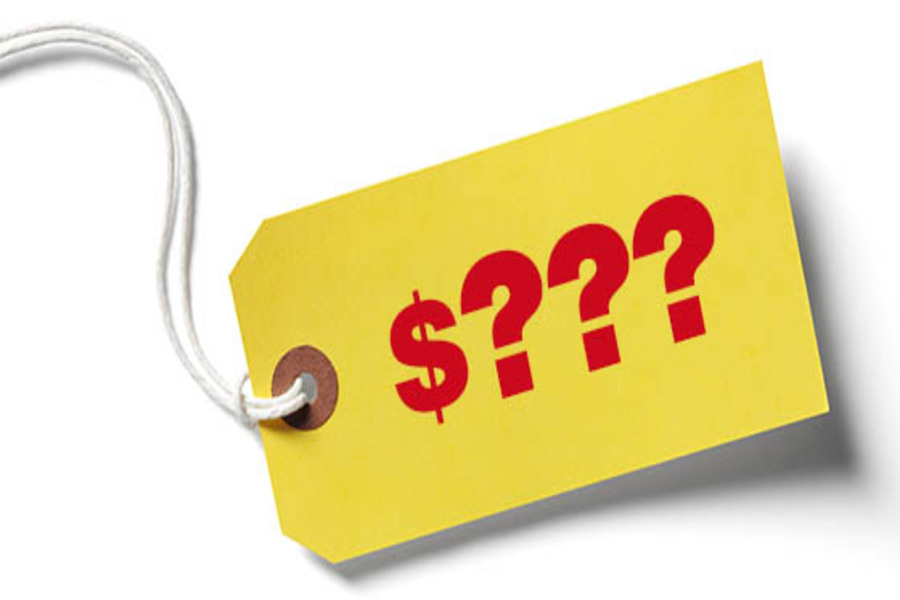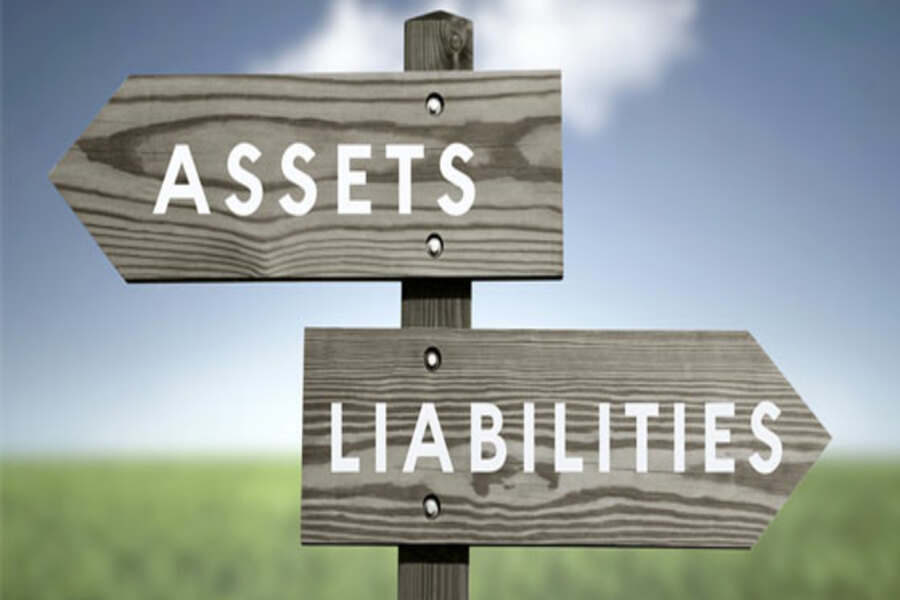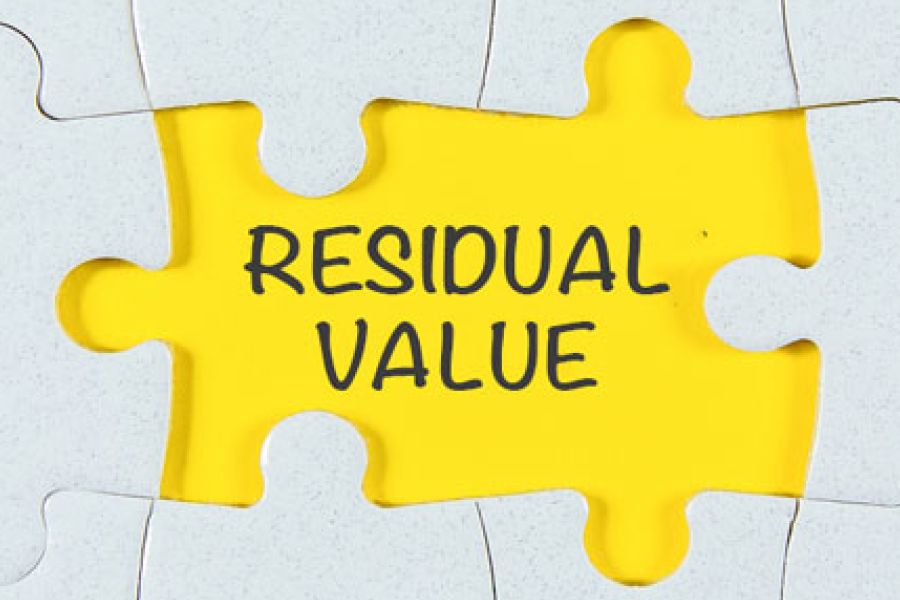Imagine you’ve got your eye on a business that seems like an attractive investment or acquisition target. It boasts strong earnings, competitive growth estimates and a clean balance sheet. But this business has a secret: fraud. And fraud can dramatically change the prospects — and value — of a company. That’s why, when conducting business appraisals, valuation professionals keep their eyes peeled for signs that fraud is occurring or could easily occur. Gauging fraud risk Business value is a function of risk and return, and one critical risk factor companies face is fraud. So valuators conducting an appraisal might ask management about the company’s internal controls — its policies and procedures to protect assets and ensure reliable financial statements. They may look for particular internal controls that...

Business valuation professionals who serve as expert witnesses in court face two daunting tasks: First, they must capture the attention of a judge or jury. Then they need to make complex financial analyses understandable. That’s easier said than done after the trier of fact already has listened to hours of testimony in commercial litigation. Impactful visual aids can help break up the monotony and drive home key points in an expert’s oral testimony and written reports. Achieving maximum impact Many people are visual learners, so oral testimony alone may not be enough to enable them to understand complex issues, such as discounted cash flow analyses or profit trends. Experts who supplement their analyses with pictures are likely to leave a lasting impression. Today, most courtrooms are equipped with...
Charitable contributions can be an effective way to lower taxes for the current tax year, but they don’t necessarily have to be made with cash. Charities also welcome donations of company stock, which offer a hidden bonus to donors if the shares have appreciated in value over the years. To reap the tax benefits on private stock donations, however, it’s essential to obtain a business valuation from a “qualified appraiser.” Tax benefits Since 2007, corporate stock has been the most popular type of non-cash charitable contribution. Corporate stock donations amounted to $39.6 billion in 2019, or 54.4% of all non-cash contributions for that year, according to the Summer 2022 Statistics of Income Bulletin published by the IRS. A taxpayer who itemizes can deduct the fair market value (FMV)...
Intangible assets — such as patents, copyrights and trademarks — are essential to the operations of many companies, but they’re rarely reported on the balance sheet. And even when they are reported due to an acquisition, book value is often based on historical cost under U.S. Generally Accepted Accounting Principles (GAAP). However, historical cost may not represent current market value, especially if the acquisition happened long ago and the asset’s value has appreciated over time. Valuing intangible assets is essential in many situations, including shareholder disputes, divorce cases, infringement claims, and gift and estate planning. So how do you determine what intangibles are worth in today’s volatile marketplace? Critical factors When valuing intangible assets, business valuation professionals generally consider the following factors: The economic benefits, direct or indirect,...
Goodwill is one of the most confusing aspects of valuing a business interest for divorce cases. In many states, goodwill needs to be valued and then divided into two pieces: business and personal goodwill. Unfortunately, significant differences in methods and theories exist on this complex issue, as recent case law demonstrates. Key definitions According to the International Valuation Glossary — Business Valuation, “Goodwill can arise as a result of name, reputation, customer loyalty, location, products, and similar factors not separately identified.” A business interest may possess two types of goodwill: Business (or entity) goodwill. This belongs strictly to the entity itself. Business goodwill may arise from many sources, including the company’s name, phone number, location and special attributes, such as special menu items or recipes at...
Limited liability companies (LLCs) sometimes award employees and contractors a unique form of equity-based compensation known as “profits interests.” These interests aren’t actively sold on a public market, so a customized valuation approach is required. Here’s an overview of how business valuation pros determine what these awards are worth for tax and financial reporting purposes. The basics Finding skilled workers is one of the top challenges reported by private businesses today. Employers may award various forms of equity-based compensation to help attract, retain and reward workers for their contributions to the company. LLCs aren’t allowed to issue traditional corporate forms of equity compensation, such as common and preferred shares, stock options, restricted shares and phantom stock. Instead, they can award profits interests to certain employees and contractors for...
Summer can bring extreme weather, including floods, droughts, wildfires, tornadoes and hurricanes. These natural disasters and other crises can interrupt normal business operations, causing significant financial losses. If disaster strikes, a business interruption insurance policy can allow you to recoup lost profits, repair damaged assets and cover other incremental expenses. When a covered event has occurred, a business valuation professional can help explain what’s covered and calculate how much you’re entitled to recover. Coverage basics Business interruption insurance is arguably one of the most complicated insurance products on the market today. And most policies require claims to be filed in a relatively short period of time (often within 30 days). In addition to replacing any damaged assets, such as inventory or machinery, a business interruption policy typically covers lost...
Reasonable (or replacement) owners’ compensation can be a hot button during IRS audits, divorces, shareholder disputes and other litigation matters involving the value of a private business. What’s appropriate depends on the facts and circumstances. Applying federal tax guidance The IRS is on the lookout for C corporations that pay employee/shareholders excessive salaries in place of dividends. This tactic lowers the overall taxes paid because salaries are a tax-deductible expense and dividends aren’t. Owners pay income tax on salaries at the personal level, but dividends are subject to double taxation (at the corporate level and at each owner’s personal tax rate). If the IRS decides that a C corp is overpaying owners, it may reclassify part of the owners’ salaries as dividends. For S corporations, the IRS looks...
The balance sheet — which shows a company’s assets and liabilities — is a logical starting point for valuing certain types of businesses. The cost (or asset) approach specifically focuses on this part of a company’s financial statements. Here’s an overview to help you understand this valuation technique. How does it work? When valuation professionals apply the cost approach, they convert the book values reported on the balance sheet to their respective fair market values. There are three key reasons that book value may not reflect fair market value to a hypothetical buyer or seller: 1. Use of historic cost. Under U.S. Generally Accepted Accounting Principles (GAAP), assets are recorded at historic cost. Over time, historic cost may understate market value for appreciable assets, such as marketable securities...
When valuing a business using the discounted cash flow method, residual (or terminal) value is a key component. The International Valuation Glossary — Business Valuation defines residual value as “the value as of the end of the discrete projection period in a discounted future earnings model.” Business valuation experts typically consider the capitalization of earnings method and the market approach when estimating residual value. Either (or both) may be appropriate, depending on the nature of the business, purpose of the valuation, reliability of the company’s financial projections and availability of market data. Capitalizing earnings The capitalization of earnings method is based on the assumption that cash flow will stabilize in the final year of the projection period. However, this is also the time period that’s subject to the...











